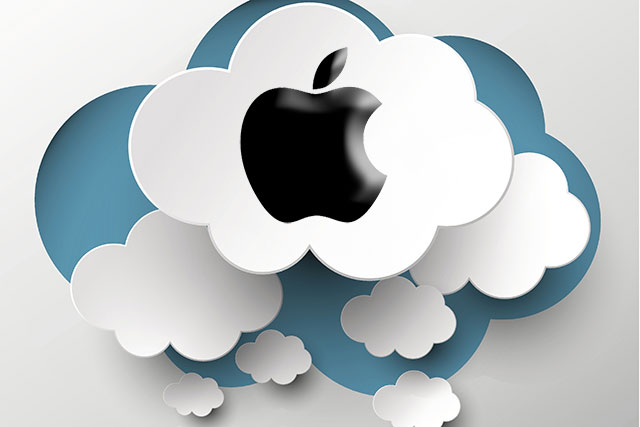
In the midst of the latest salacious celebrity news excitement, there has been an array of tut-tutting and they-should-know-better-ing in the direction of Apple and its chief executive Tim Cook.
It's pretty hard to get stuff that's online, not online
Unsurprisingly, having undertaken an extensive internal investigation into the leaking of nude photos from a bunch of celebs, Apple has concluded that Apple did nothing wrong and it was simply a case of hackers doing what they do best…guessing first pets and mothers maiden names to gain access to the accounts of those least likely to worry about putting nudey pictures of themselves into the cloud for safe keeping.
Wake-up call
While Cook et al appear not specifically at fault here, and the Daily Mail-esque clamour for a tearful apology feels unwarranted, there are many parts of this episode that should be a wake-up call for not only all internet users, but also for Apple and other businesses making hay in the cloud.
Firstly, the cloud has kind of crept up on many people, without them ever really understanding what it is, how it works, or what it means for them. Yes, the ability to access that Nigerian funk jazz classic on mp3 (just me?) from anywhere on any device is amazingly convenient and just plain magic. But the relinquishing of control of that file should be seen as important. It lives somewhere else, out of your reach, and within reach of those whose disposition it is to hack and steal what’s not theirs.
Secondly, as has been noted recently with various ‘right to be forgotten’ cases – not yet a universal human right, but watch this space – it's pretty hard to get stuff that's online, not online. The traces of our digital lives live long and can reach far and wide. Once it's out there, it's pretty difficult to get it back. Digital media's great strength is its ability to replicate itself, for many copies to exist at one time, but there are far-reaching consequences for ones privacy and copyright (just ask the music industry).
Our lives are increasingly online, personal moments, video snippets, private exchanges between loved ones…at what price?
And finally, whilst the buck doesn't stop with a weakness in Apple's hacker defences, there is an interesting argument to be made about how much we (and by proxy, they) value privacy. Banks have made tremendous strides to protect our money online, we receive little bits of technology through the post, we have our debit cards infuriatingly blocked at the merest hint of a deviation from normal activity, and we're often invited to attend branches in-person (old school) to prove we actually exist. But should not Apple, and Facebook, Google etc. for that matter, be taking similar steps?
Our lives are increasingly online, personal moments, video snippets, private exchanges between loved ones…at what price? If our private data can’t be protected, and our privacy is continually under threat, then surely we can’t go on. Well, just stop posting and sharing and accessing and using free platforms in exchange of personal information, and data about us will become less and less valuable. Big data becomes well, a lot smaller.
But what becomes of Facebook, Google and Apple then?



.jpg)
.jpeg)
